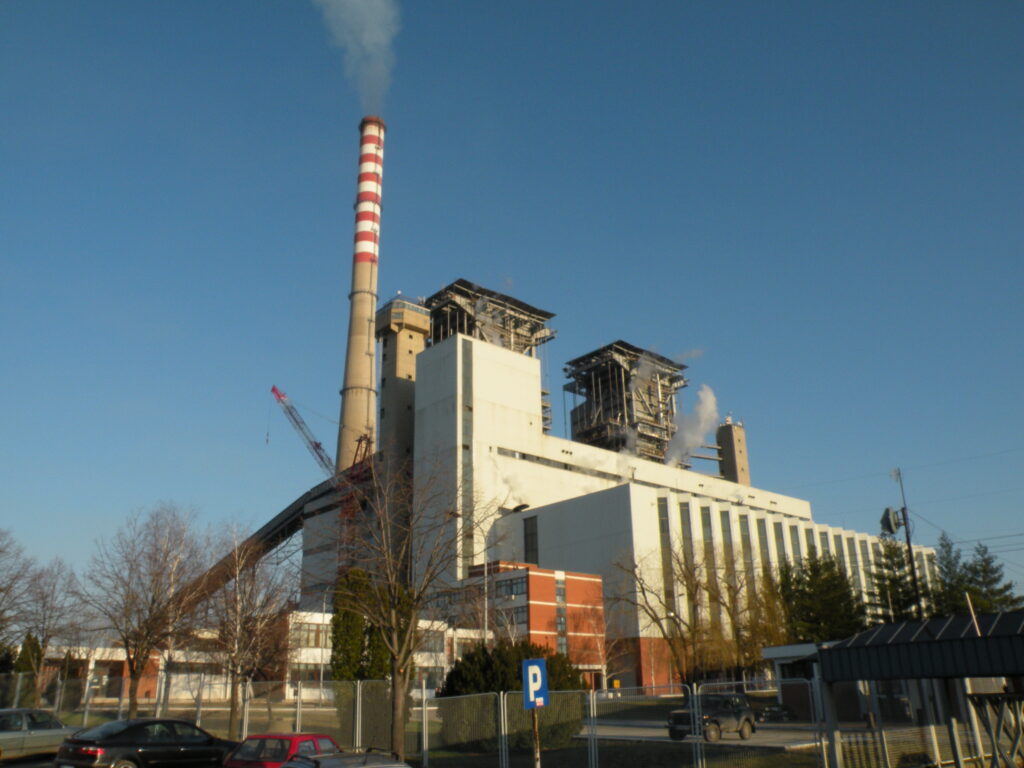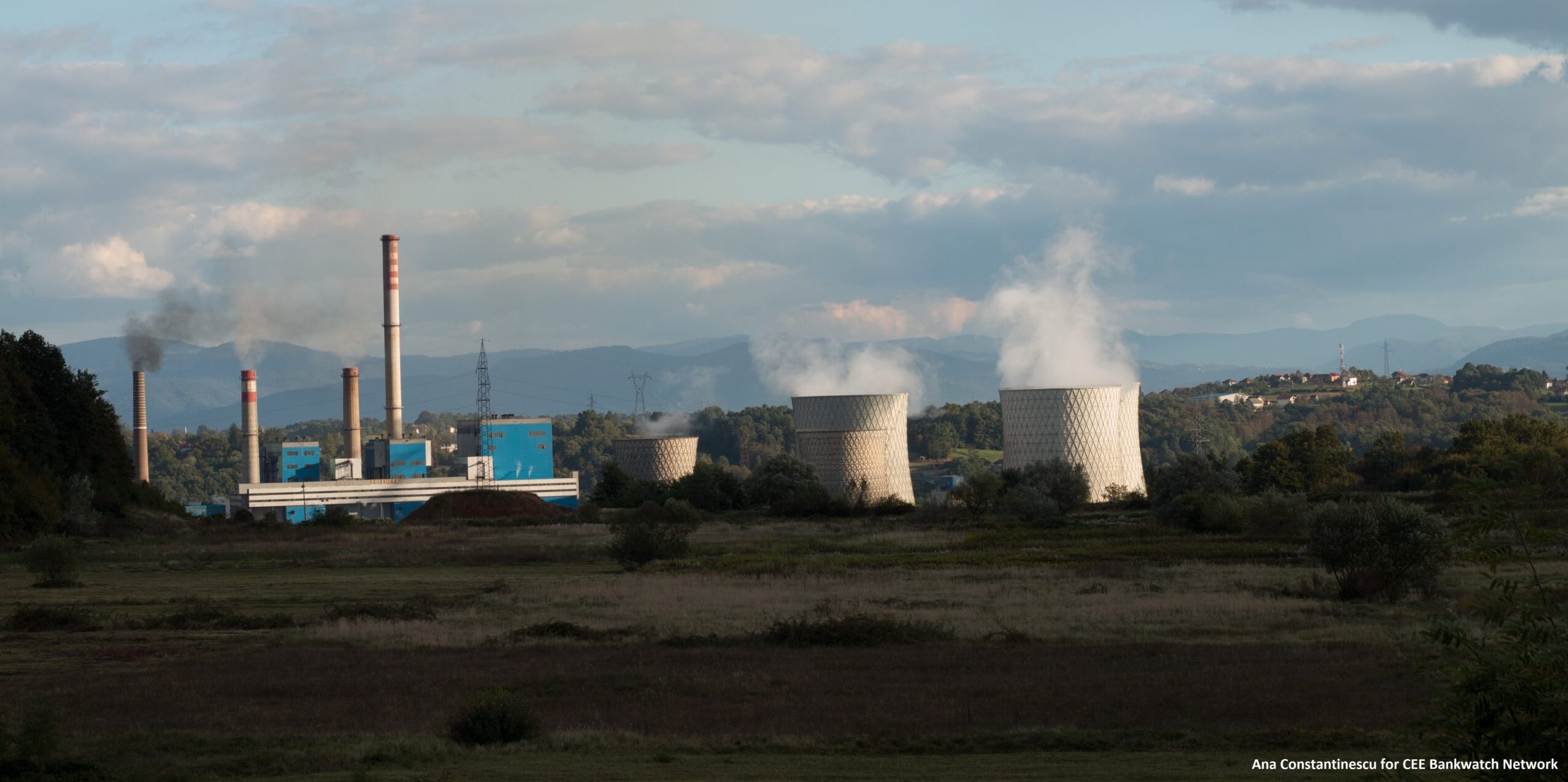One of the pledges made by the current EU Commission before taking office was to introduce a carbon border tax. This should ensure the competitiveness of EU companies is not damaged by improving the EU’s response to climate change through the Green New Deal.
EU carbon tax
EU polluters are included in the European Emissions Trading Scheme (ETS) and have to acquire allowances for every tonne of CO2 emitted from a market where the cost in early 2020 reached EUR 28 per tonne. Some sectors, such as steel, have been allowed free allowances in order to prevent the supposed threat of them moving production outside of the EU, but this cannot continue if emissions in the EU are to be seriously reduced.
The carbon border tax is meant to reduce imports of carbon-intensive goods into the EU from countries where there is no carbon pricing. It could include energy-intensive sectors such as electricity, steel, aluminium and cement, but it is so far not clear exactly which sectors the EU plans to focus on. In any case, it only makes sense if it also means an end to free ETS allowances for all sectors within the EU.
The European Commission has this month opened an initial consultation on the idea, with a deadline for inputs on 1 April.
EU’s electricity import
Bankwatch’s submission has focused on electricity – a sector in which we strongly support a carbon border tax. The EU is not predicted to be a net importer of electricity in the coming years, but it does import electricity from, and trade electricity with, carbon-intensive countries on its borders such as Bosnia and Herzegovina, Serbia, Ukraine, Belarus and Russia.
The Western Balkans and Ukraine are part of the Energy Community Treaty, which allows them to join the EU energy market. They are obliged to comply with the EU’s now superseded Large Combustion Plants Directive. However their power stations are far from compliant with this legislation, adding to the appalling air pollution problems in the countries, which also impact the EU.
EU accession and compliance
Serbia and Bosnia and Herzegovina even plan to build more new coal power plants, built by Chinese companies, financed by Chinese banks and not compliant with EU industrial emissions legislation or State aid rules. The countries assume that they can avoid paying carbon costs until they join the EU.
But, as they have access to the EU energy market, they need to comply with the same environmental standards, State aid rules, and carbon pricing in the energy sector already. Failure to do so distorts the market, disadvantaging electricity generators in countries at the edge of the EU who have to face cheaper competition from more polluting plants. It also makes joining the EU harder, for those countries planning to, as they will need to run faster to catch up.
Given that EU accession is not expected within the next few years at least, this is too long to wait. If the Western Balkans want to participate in the EU energy market, they need to play by the rules, and action has to be taken now.

Investing in renewables instead of coal
The Energy Community Treaty Contracting Parties need to introduce a carbon price. Montenegro and Ukraine have already made some progress, but there is so far little incentive for others to follow their steps, or for these countries to ensure that carbon prices are high enough to be a real deterrent, if they are also allowed to keep selling their electricity to the EU under the same conditions as now.
For non-ETS countries exporting to the EU, especially smaller ones like those in the Western Balkans, a carbon border tax would help ensure that the life of power plants countries is not artificially prolonged and that new ones are clearly seen to be uneconomic. This way, it would implicitly address not only carbon emissions but also air pollution and other violations of the Energy Community Treaty in the coal sector.
The Energy Community countries could be exempt from the carbon border tax if they start to apply CO2 emissions pricing on their own at a level which serves as a real incentive to decarbonise.
It is in the Western Balkans’ interest to introduce their own CO2 emissions pricing rather than being subject to an EU carbon border tax, because they will then get to keep the revenues themselves, and can use them for energy savings and advancing solar and wind power.
But the EU should not wait for them to act. It needs to introduce a carbon border tax as soon as possible, and to use its proceeds to advance a just and sustainable energy transition.
Notes
CEE Bankwatch Network’s feedback to the consultation: https://ec.europa.eu/info/law/better-regulation/have-your-say/initiatives/12228-Carbon-Border-Adjustment-Mechanism/F509801
Never miss an update
We expose the risks of international public finance and bring critical updates from the ground – straight to your inbox.
Theme: Decarbonisation
Location: Western Balkans
Project: Energy Union – torn between decarbonisation and fossil fuels
Tags: Western Balkans | carbon border tax | consultations-eu-funds | decarbonisation

